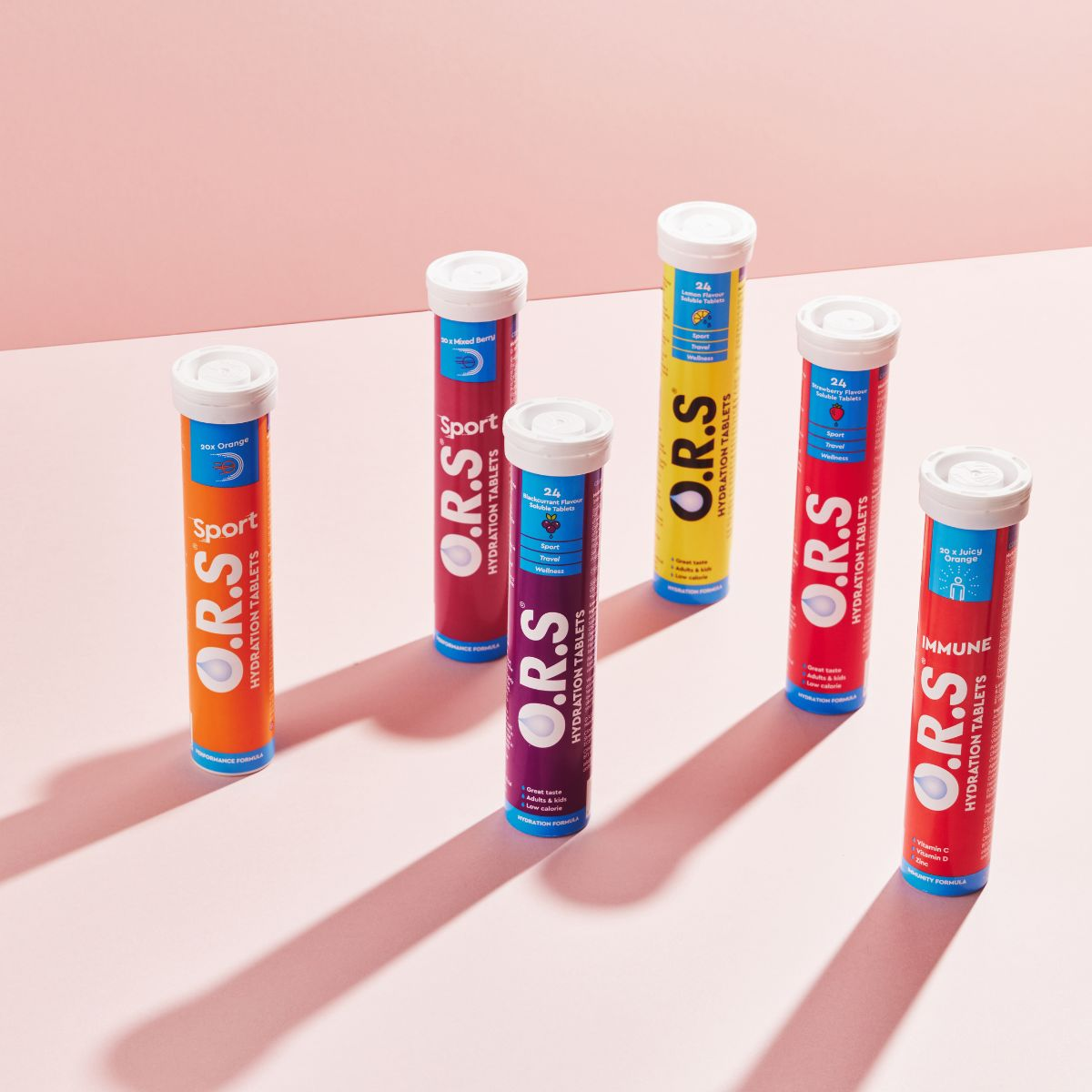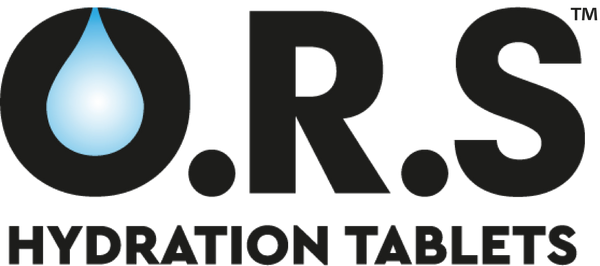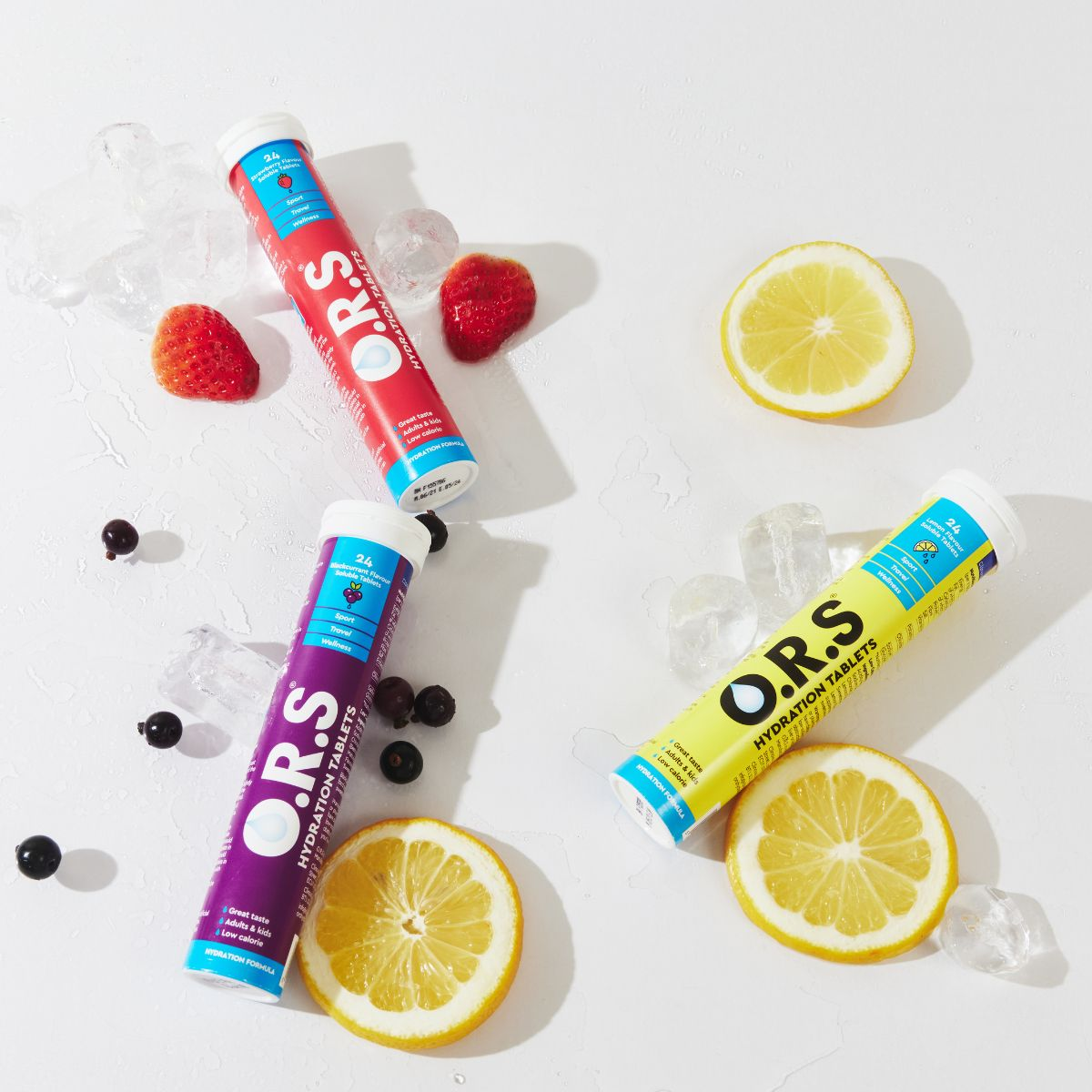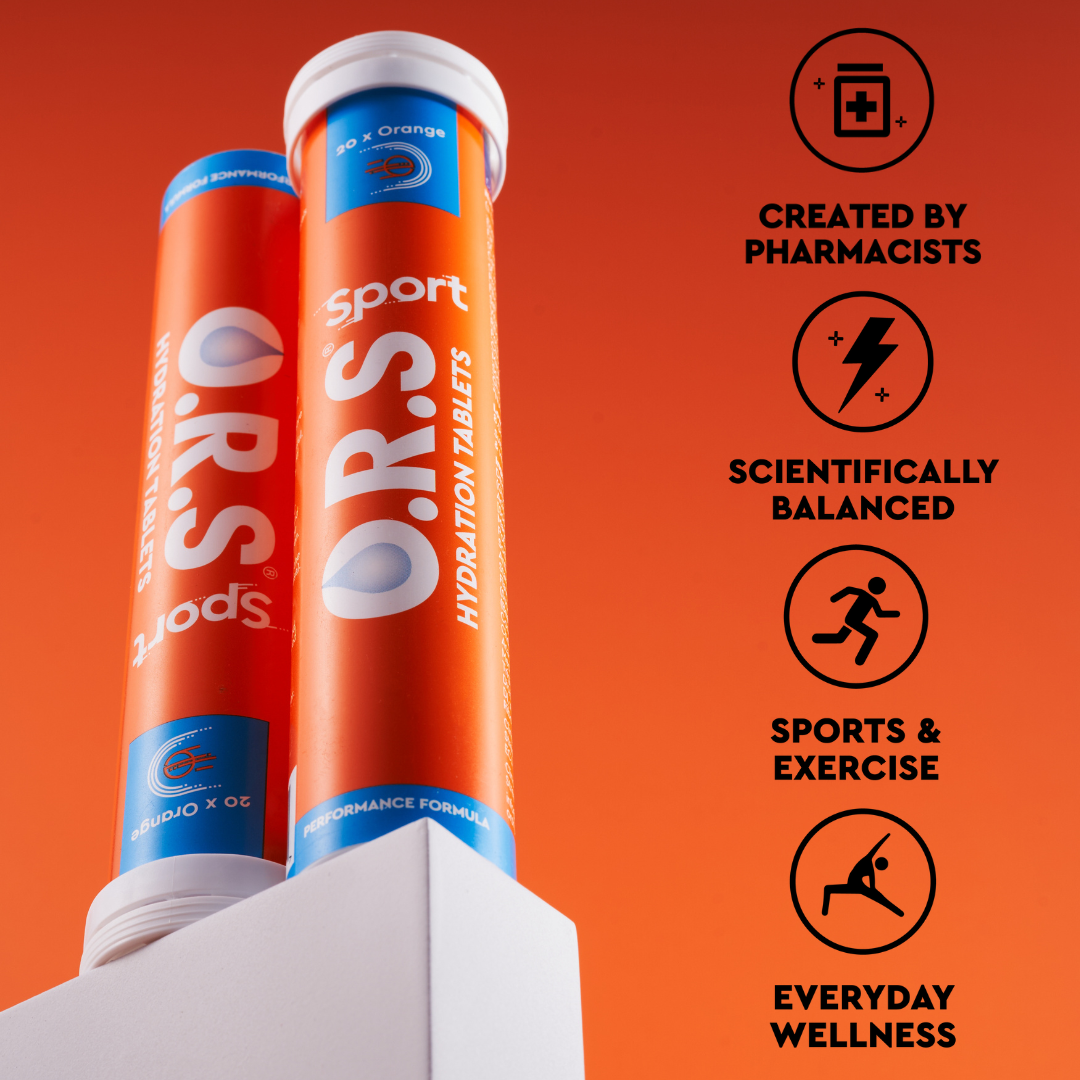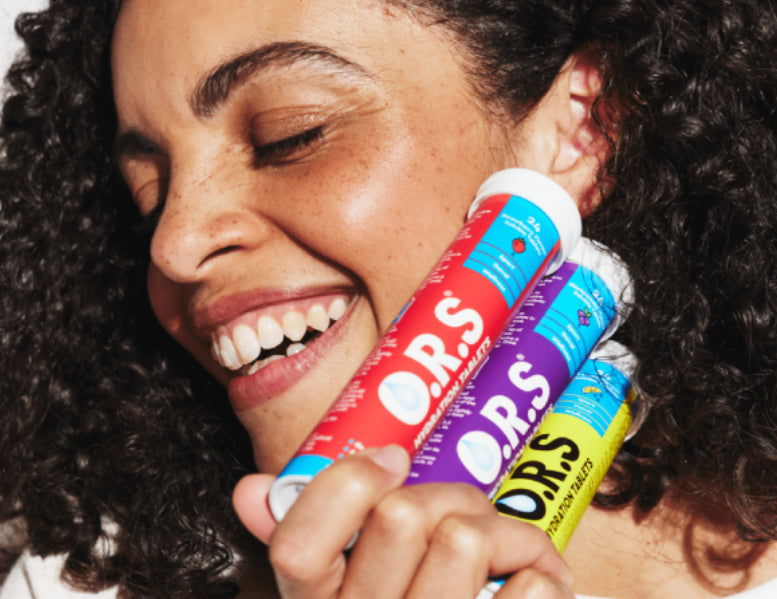
Sports Drinks Vs Rehydration Tablets: What's The Difference?
Share
If you have an active lifestyle and are concerned about your hydration and energy levels, you may well have considered using sports drinks or hydration tablets. If you are confused about what the difference is between them and are not sure what the best option is for you, here’s a look at the key purposes and differences between them.
Why Do People Use Rehydration Tablets And Sports Drinks?
Both products are designed to replace fluids and electrolytes lost through sweating, which is why many athletes and sports people use them before, during and after an event or training session. Rehydration tablets can also be used to replace fluids lost through illnesses such as stomach upsets, diarrhoea, or colds and flu.
Nutritional Content
Sports Drinks
Sports drinks typically contain a high sugar content that is designed to provide a quick burst of energy. These drinks are heavily marketed, particularly to teenagers and young adults, and often endorsed by celebrities and sports stars. However, many of the most popular types of these drinks contain over 26 per cent sugar.
This is still less than many popular brands of fizzy soft drink, but nonetheless is often providing the body with more calories than it needs, even during or after exercise. This can contribute to weight gain and tooth decay, and also heightens the risk of developing serious diseases such as type 2 diabetes and heart disease.
Furthermore, a sudden influx of free sugars may cause a quick burst of energy, but it will spike the blood sugar levels and cause a sharp crash. This ultimately leaves the individual more tired as the body fights to rebalance the blood glucose, and can even make mental health conditions such as depression and anxiety worse.
Most brands of sports drink will also contain electrolytes (added vitamins and vitamins such as sodium, potassium, magnesium and calcium). These are designed to help the body replenish electrolytes that have been depleted during exercise, as we lose them through sweat and other bodily fluids. They also help the body to reabsorb fluids more efficiently.
Rehydration Tablets
Rehydration tablets are purely designed to replenish electrolytes and help the body to absorb fluids more quickly. They are usually sugar-free or contain very minimal amounts of sugar or sweeteners, so you do not need to worry about spiking your blood glucose levels or consuming more sugar than your body needs.
Because the tablets are designed specifically for one purpose, the can be more effective at delivering the nutrients that your body needs without any unhelpful or unnecessary substances. Sugar can lead to water retention, which makes it more difficult for the body to rehydrate effectively.
Cost and convenience
Sports Drinks
Sports drinks are available in ready to consume bottles, but they can be bulky to carry, particularly if you are on a run and don’t want to carry multiple bottles. They are often supplied in single-use plastic bottles that end up littering the outdoors and contributing to environmental waste and pollution.
Buying sports drinks every time you exercise can be costly, particularly if you are a daily gym goer or runner. Furthermore, you have no control of the density of the calories or nutritional content as the drink is pre-mixed.
Rehydration Tablets
A single packet of hydration tablets can be used to make several drinks so represent good value for money, and they are light and portable. They can be added to reusable water bottles or hydration packs, reducing packaging waste. You can carry the lightweight tubes in your pocket or backpack and have them on hand to dissolve in water as and when needed.
The tablets also give you more control over the concentration of your drink. You can add a tablet to a larger or smaller container, or use half and tablet or add two, depending on your requirements. This is useful, because our level of perspiration can vary according to the weather conditions, intensity of exercise, and level of fitness.
So, there you have it. Sports drinks have their place for extreme endurance athletes who may need the extra sugar and calories, but even then they may ultimately hinder the rehydration process. Tablets are versatile, low calorie, and convenient to use.
